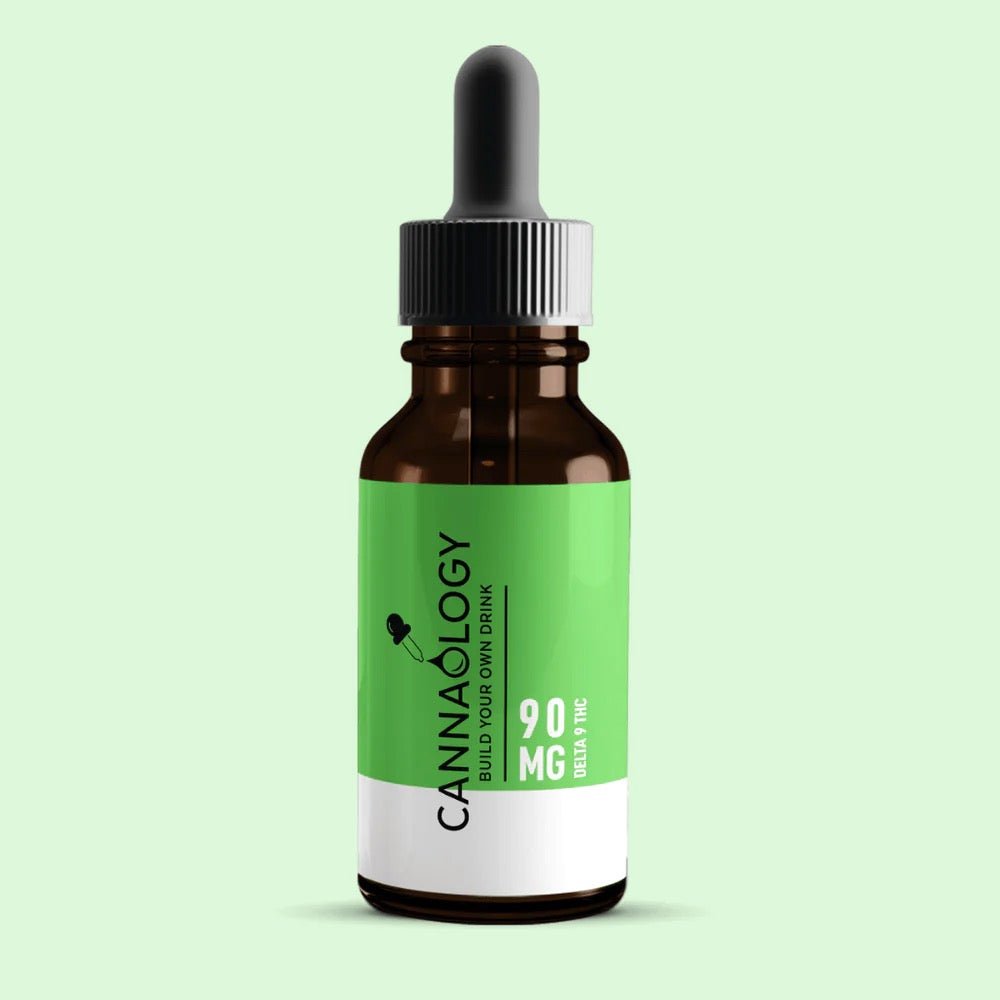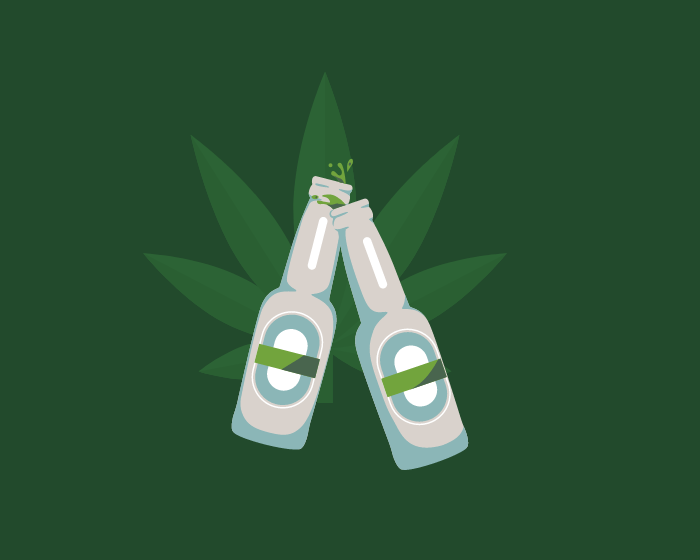
Most parents would consider giving CBD to kids, according to results of a recent national poll. However, many would want a prescription before doing so.
Both stats come from a survey of 1,992 parents by C.S. Mott Children’s Hospital, a pediatric hospital affiliated with the University of Michigan Medical School. The hospital’s National Poll on Children’s Health surveyed U.S. parents of children aged 3 to 18 in October 2021. The results were published Feb. 21, 2022.
Here’s an overview of their findings:
This is a new issue to parents, with most saying they know little or nothing about CBD use in children.
- 46% of parents said they don’t know much about CBD use in children
- 34% had never heard of children using CBD before the poll
- 17% reported having some knowledge
- 3% felt well informed about CBD use in children
Most parents have never considered giving their child CBD.
- 90% of parents had never considered giving their child CBD
- 4% have considered CBD for their child, but haven’t acted on it
- 2% have given their child a CBD product
- 1% said their child had used CBD without their permission
The small percentage of parents who have thought to give their children CBD would do so for similar reasons adults use it.
Parents’ most common reasons for wanting to give their child CBD were:
- anxiety (51%),
- sleep problems (40%),
- ADHD (33%),
- muscle pain (20%),
- autism (19%),
- to make their child feel better in general (13%).
Among parents who have given or considered giving CBD for their child, 29% say they talked with their child’s healthcare provider about CBD use.
A third of those polled (35%) thought taking CBD was basically the same as “using marijuana,” according to the poll results. To the contrary, CBD is a non-intoxicating cannabis product that can be extracted from hemp. (Full spectrum CBD products may contain trace amounts of THC, the psychotropic constituent in cannabis.)
Most parents say they’ve never tried CBD themselves.
- 71% said they’ve never used a CBD product
- 24% have tried CBD and
- 5% use CBD regularly
Parents want to know about side effects, safety, and how well CBD works for kids.
Parents said the following factors would influence their decision on whether to give their child CBD:
- 83% side effects
- 78% how the product tested for safety in children
- 72% how well it works in children
- 63% doctor’s recommendation
- 58% approval of the US Food and Drug Administration
- 41% product reviews
Most parents would be willing to give their kids CBD, but want a prescription.
In spite of the fact that most parents hadn’t tried CBD and a third thought it was equivalent to using THC, poll results showed they were quite open to its potential therapeutic effects.
- 73% thought CBD might be a good option for children when other medications don’t work.
- 83% said CBD products should be regulated by the FDA
- 74% thought CBD for children should require a doctor’s prescription.
The FDA has approved only one CBD product for use in children: Epidiolex, a treatment for a rare form of epilepsy.
What Do Doctors Think?
Two doctors responded to the poll results in HealthDay News, one stressing the importance of talking with a doctor before using CBD, the other acknowledging that many doctors aren’t ready to go there.
"It is always important to make sure your child's doctor is aware of all of the medicines and supplements you are giving,” Dr. Renee Shellhaas, a pediatric neurologist at C.S. Mott Children's Hospital who was not involved with the poll, told HealthDay News. “Open and honest communication is the best way to make sure we work as a team to find the best treatment plan for your child."
Dr. Karen Keough, a neurologist in Texas who works with children who have epilepsy, said, ”To me that's what my job is, as a doctor, to know how to use this medicinal product appropriately, but it's controversial in the medical world because it lacks the rigor of scientifically based studies that get you to FDA approval, so that's why many physicians won't touch it.”







































